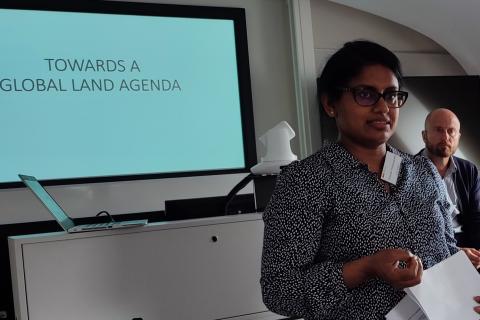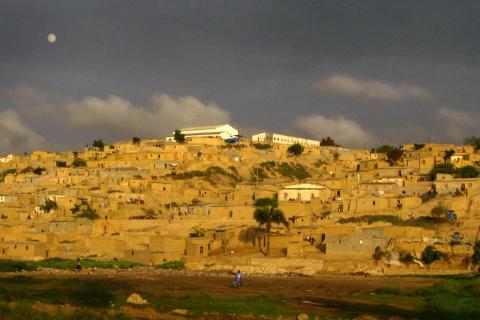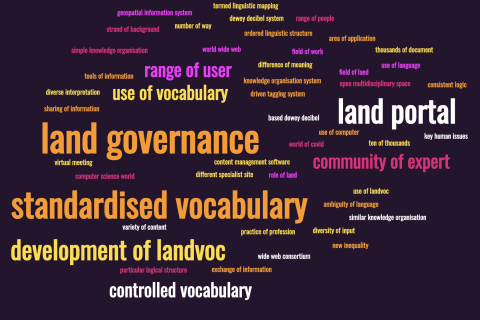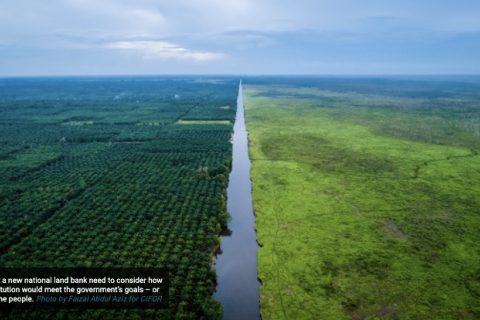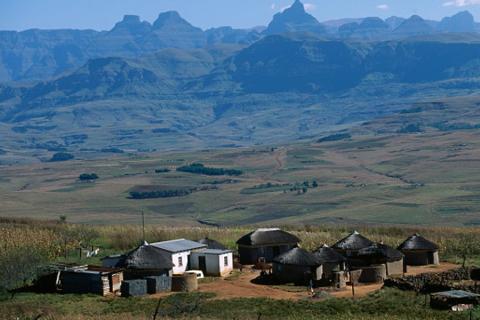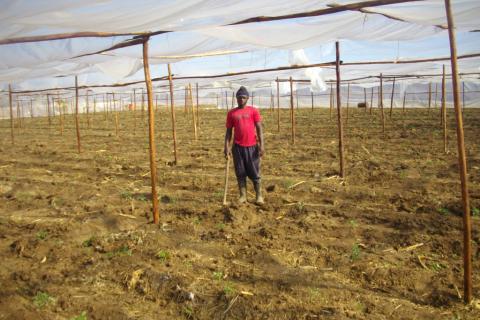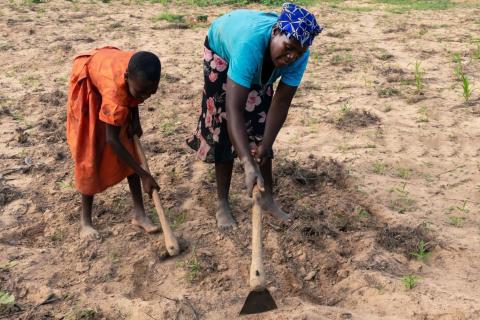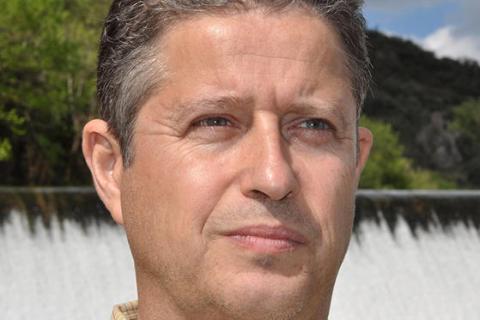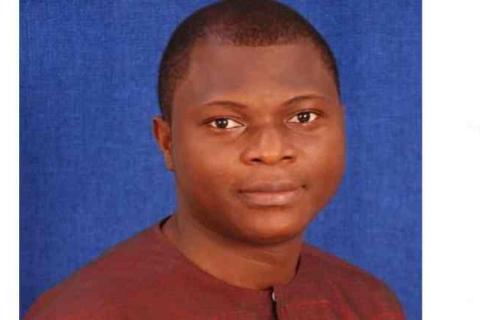Vers un programme foncier mondial : Construire l'avenir de la gouvernance foncière
Dans un monde confronté à de nombreux défis liés au changement climatique, aux questions socio-économiques et aux migrations, on ne saurait trop insister sur l'importance de la terre. La terre n'est pas seulement une préoccupation pour la communauté foncière, mais pour toutes les communautés, car elle offre la possibilité de résoudre des problèmes mondiaux cruciaux. Reconnaissant la nécessité d'une approche globale de la gouvernance foncière, un programme foncier mondial est proposé. Ce blog explore les origines, les objectifs et les actions nécessaires pour ouvrir la voie à une gouvernance foncière efficace à l'échelle mondiale.

